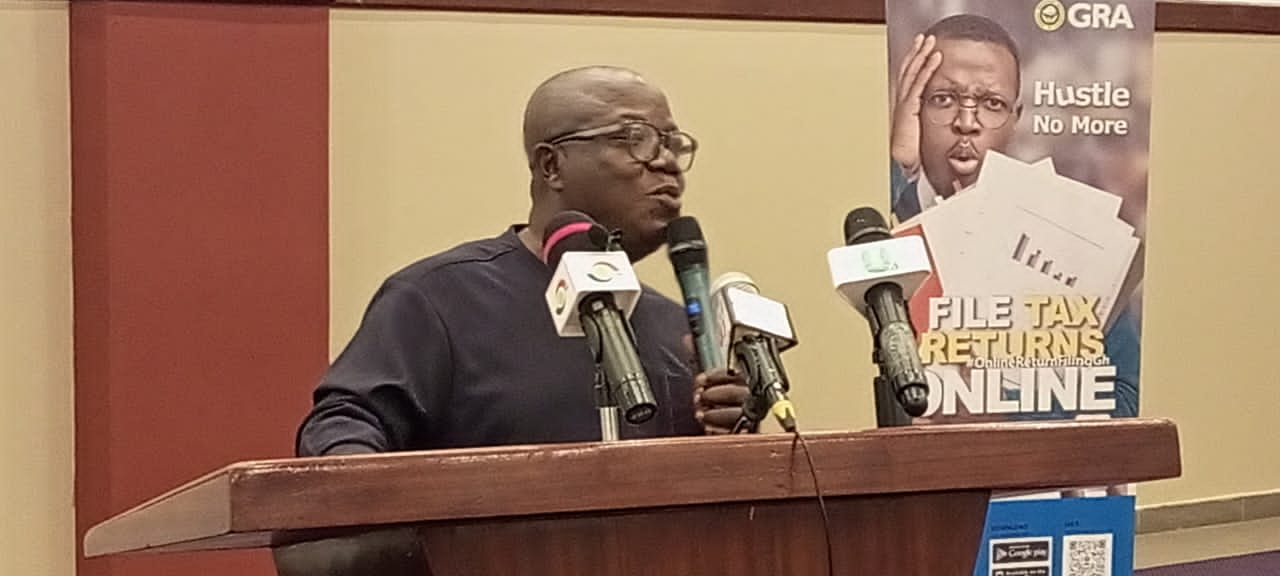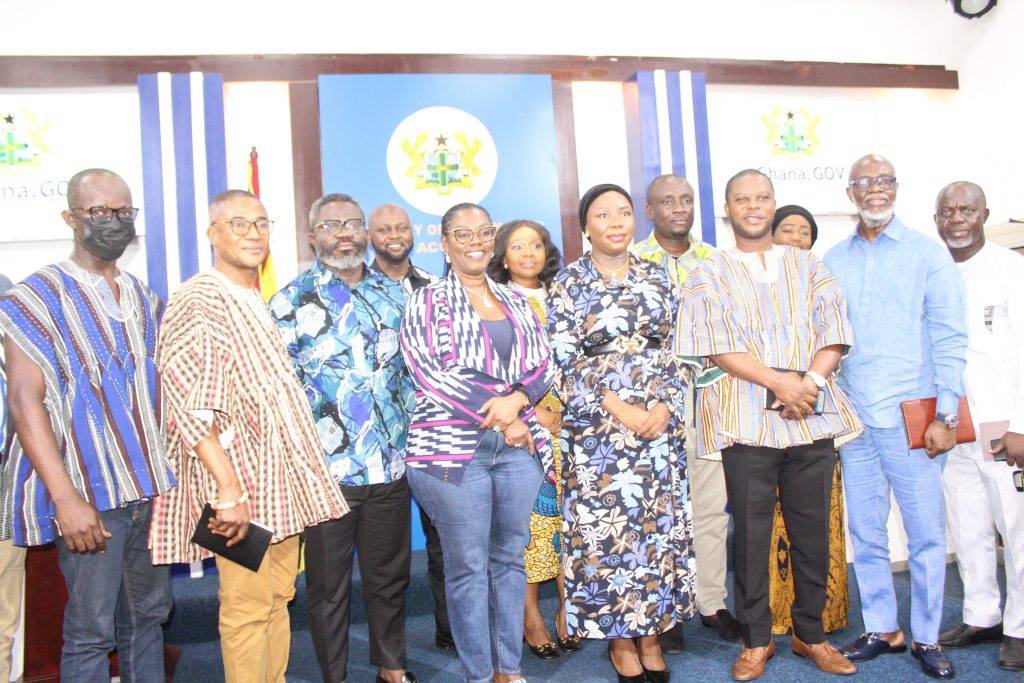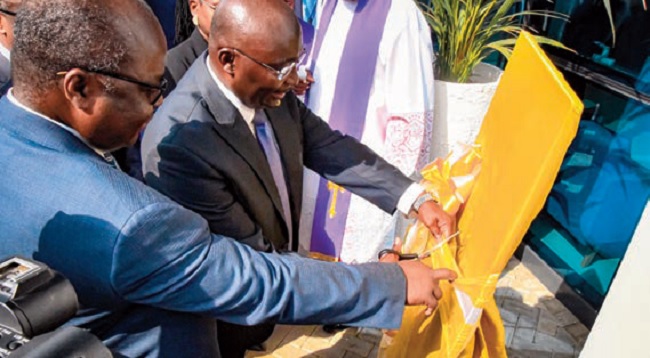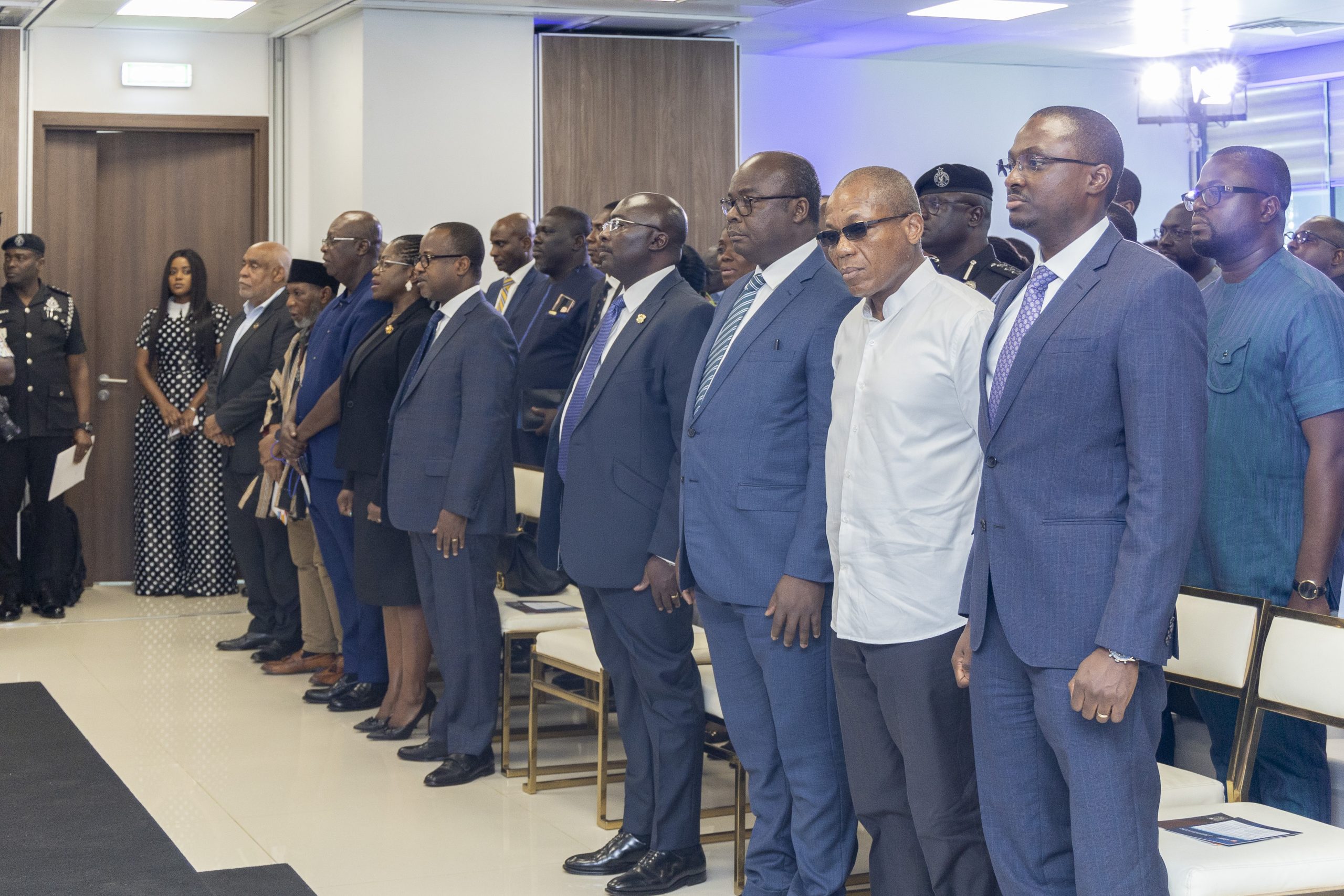
The Institute for Fiscal Studies (IFS), a think tank has described the 2019 budget as good, saying it has touched on key issues which are critical to accelerate the development of the country.
It said the focus of the 2019 budget on agriculture modernisation, industrialisation, and infrastructure development was commendable.
Prof Kusi however, advised government to focus on strengthening domestic revenue mobilisation to fund the budget instead of resorting to borrowing to do so.
"If you look at tax to Gross Domestic Product ratio, it suggests that there is ample room for us to domestically mobilise revenue to finance the budget," he said.
The Executive Director of IFS, Professor Newman Kwadwo Kusi, who disclosed this at IFS's post-2019 budget analysis press conference in Accra Tuesday said the budget, captured most of the key proposals the institute gave prior to the budget.
"The 2019 budget is commendable because it has adopted all the things that we said in our pre-2019 budget statement. We said government must look at ensuring that the economy is strong to reduce unemployment through agriculture modernisation and closing the infrastructure gap," he said.
The 2019 budget statement and economic policy of government is on the theme, 'A stronger economy for jobs and prosperity'.
The country tax to GDP ratio in 2019 was projected at 13.1 per cent, which is 0.5 percentage points above the 2019 figure of 12.6 and far below the average of 25 per cent for low-middle income countries.
He cautioned that unbridled borrowing could pose a debt-stress position and derail the macroeconomic gains the country had achieved over the last 22 months.
Prof Kusi said as the country exited the International Monetary Fund (IMF) Extended Credit Facility Programme in which the country took about $918 million to shore up the economy, there was the need for the government to be fiscally disciplined to avoid fiscal slippages and control the budget deficit.
The Executive Director urged the government to control its expenditure, especially the recurrent ones, to make more revenue available for capital expenditure, stressing that capital expenditure over the years were often cut to make way for recurrent due to the inability of the government to meet its revenue targets.
To this end, Prof Kusi called for the review of the earmarked funds to make more revenue available for infrastructure development, because the earmarked funds such as the Ghana Education Trust Fund, National Health Insurance Levy had not served their intended purpose.
The Executive Director of the IFS called for public sector reform and comprehensive overhaul to address the overbloated public sector and ensure that compensation for workers commensurate with productivity.
Earlier in a presentation, a Research Fellow of IFS, Leslie Dwight Mensah said it was laudable government had committed to spend GH?13 billion on capital spending next year.
He said the higher spending would benefit areas such as roads, railways, hospitals, Information Communication Technology and sanitation infrastructure.
On job creation, he said the growth in the sector had been driven by the extractive sectors, which however, had not created enough jobs and lauded the government for the renewed attention on agriculture and the introduction of the One District, One Factory, the Nation Builders Corps and entreated the government "to continue to enable the private sector to drive the growth and durable job creation".
Read Full Story

























Facebook
Twitter
Pinterest
Instagram
Google+
YouTube
LinkedIn
RSS